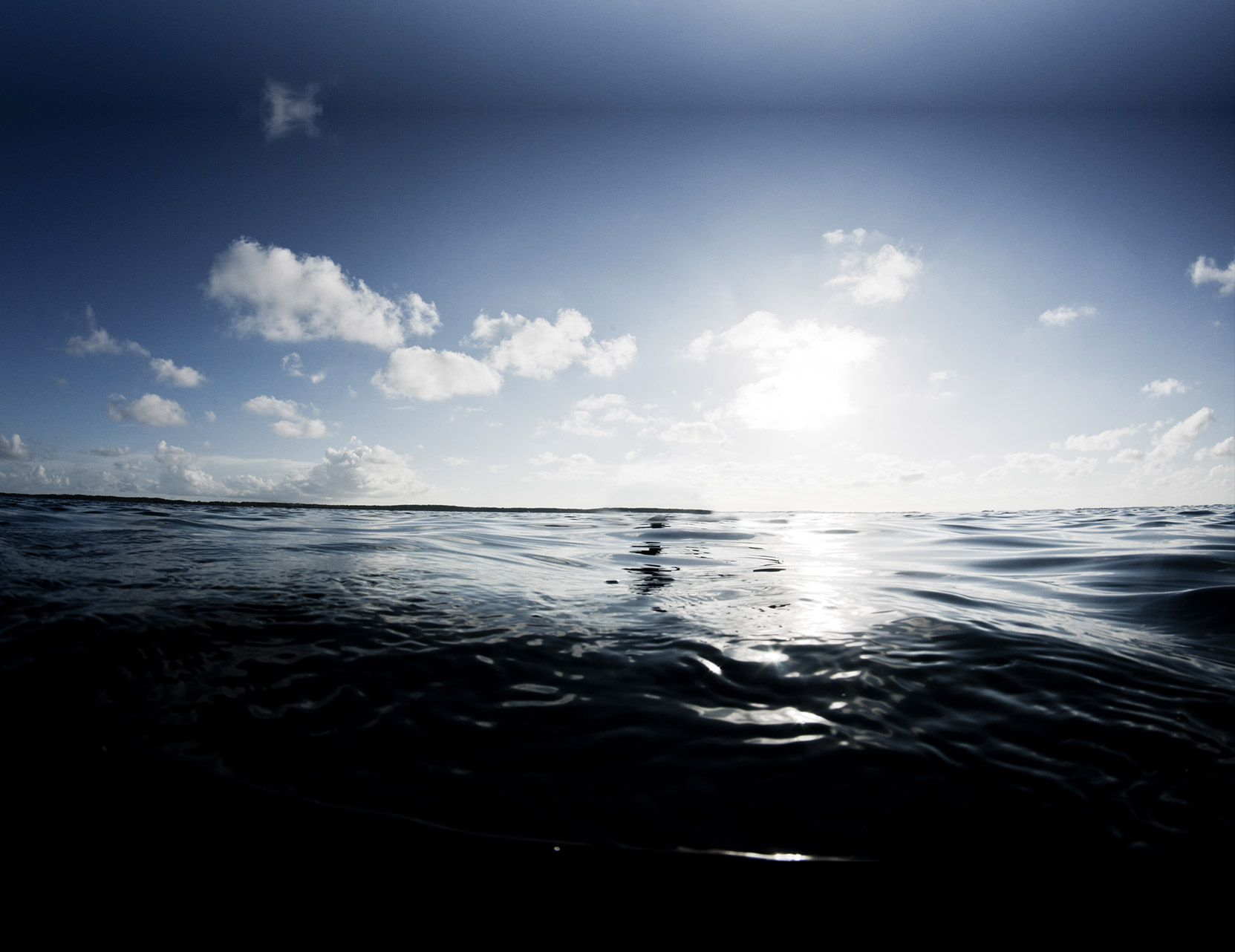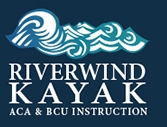Lake Jocassee, South Carolina ![tn-coaching-1024x683[1]](https://iqi.qhl.mybluehost.me/wp-content/uploads/2012/10/tn-coaching-1024x6831-300x200.jpg) ACA Instructor Certification Course
ACA Instructor Certification Course
![Diving-Keowee-Large[1]](https://iqi.qhl.mybluehost.me/wp-content/uploads/2017/05/Diving-Keowee-Large1-1024x681.jpg) Lake Jocassee , South Carolina
Lake Jocassee , South Carolina
KAYAK INSTRUCTOR’S CLASSES IN PARADISE!
______________________________________________________________________________
Dates 2017: September 15, 16, 17
Prices: $375 /3 Days ( Special $300/ea , with 2 registrations)
Put-In Locations: coming
Courses: ACA L1-L2 ICW’s
Weekender,
Teach & Trek ,
Practice Perfect ,
Local Outfitter & Contact: Lake Jocassee Kayak Tours
Local Information Resources:
| Maps: | Topo Maps |
| Weather: | Local Forecast |
| Winds: | Data Center |
Camping Info: Here
Lodging: Here
Restaurants:
Local Useful Links:
____________________________________________________________________________
General Requirements for ACA Instructor Certification:
- Instructors shall be at least 18 years of age
- Maintain current ACA Membership and SEIC dues
- Maintain an appropriate level of First Aid and age appropriate CPR trainings
Instructor Certification Process:
Participate in an Instructor Development Workshop (IDW) and pass an Instructor Certification Exam (ICE). These courses are offered either as separate courses with time between for skills and presentation development and practice, or can be offered concurrently (at the discretion of the Instructor Trainer) as an Instructor Certification Workshop (ICW).
- Perform paddling skills consistently with demonstration quality
- Demonstrate effective teaching skills
- Demonstrate technical knowledge of paddlesport
- Demonstrate appropriate safety & rescue ability
- Demonstrate effective group / course management and positive interpersonal skills
Registration Process & Dues:
All Instructor Candidates must be a current member of the ACA prior to the start of the course. Any membership type is valid, except the 6 month Introductory Membership. If an individual is registering with the ACA for the first time with the sole purpose of taking an upcoming IDW, ICE or ICW, they can register online as an Instructor Candidate (which has all the benefits of a regular ACA membership).
Upon successful completion of an ICE or ICW, the new Instructor must then pay their SEIC dues. This can either be given to the Instructor Trainer to submit with the course paperwork or done online afterwards.
Once the ACA office has received the course paperwork and dues are current, all Instructor Candidates who have successfully certified will have their membership status transferred to Instructor in the ACA database and receive their card and certificate.
Certification Outcomes:
Pass – an Instructor Candidate can become certified at the highest level of the ICE or ICW
Pass – an Instructor Candidate may become certified at a lower level (aka receiving a Level 2 certification even though it was a Level 4 certification course)
Continued – most, but not all of the requirements are met to certifiy at a specific level. They do not have to retake the entire ICE or ICW, but they must be ‘checked off’ by an Instructor Trainer at a later date before certification is awarded
Failed – the Instructor Candidate did not pass at a desired level and the deficiencies were such that they must retake the entire IDW, ICE or ICW
An Instructor Candidate can receive a Level 3 certification and be continued at Level 4
If an Instructor Candidate is either failed or continued at a certain level, the Instructor Trainer must document the deficiencies to the Instructor Candidate and the ACA National Office in writing
Participation in an ICE or ICW does not guarantee certification
Review the Instructor Criteria documents for the appropriate discipline and level of certification
A complete policy manual is available on the Safety Education & Instruction Council web page
The Instructor Development Workshop
The IDW is designed to be a stand-alone learning experience that will help prepare candidates for evaluation and certification . During the IDW, candidates will be assessed on their personal paddling skills to ensure core competencies and readiness for certification. However, the focus of the workshop is on developing your skills as an instructor. Thus, the primary focus of the IDW is the refinement of teaching techniques and proper modeling of paddling strokes. To that end, participants will be asked to create teaching exercises for both academic content and on-water content, for the purpose of generating feedback. You will also receive instruction on all strokes and maneuvers that you might later be expected to teach with an emphasis on breaking down skills into core components (body, boat, and blade). We will use videotape review and critique to assist you in your learning process. This process should provide you with a benchmark from which to evaluate the level of your own skill/knowledge, and help you to identify those areas where you need work before attending the ICE.
Successful completion of an IDW (including a skills assessment) within the appropriate discipline is required in order to participate in an ICE.
The Instructor Certification Evaluation
The ICE is designed to evaluate the instructor candidate regarding their skills as an instructor.. Each candidate must be proficient in:
1) a general knowledge of paddle sport; to include the technical knowledge of coastal kayaking and equipment with elements of history and safety;
2) teaching ability; which includes the appropriate application of interpersonal skills, task/group management, modeling and feed-back skills, the use of standardized terminology, technical understanding and the ability to break down skills and concepts into their component parts;
3) on-water skills, to include demonstrated proficiency in maneuvers, strokes, braces, rescues, towing and the Eskimo roll (L3), an acceptable level of comfort in variable conditions and an incorporation of the skills you will teach into your own paddling style.
Needed at Start of Course:
- Current ACA Membership (bring your ACA number/card with you)
- Current ACA SEIC Dues paid (this can be done through the ACA Membership page).
- Review the Instructor Criteria for the level that you are assessing.
- Overview – Who Can Teach What? (excel)
- How to file for Insurance once you are an instructor
- How to file a Skills Course .
- Review the ACA Essential Eligibility Criteria as it pertains to instructor certification.
- Review the requirements for ACA Coastal Skills Assessments (levels 1-4).
- Bring a photocopy of your Current First Aid and CPR certificates as per the ACA First Aid/CPR Requirement
- At this point you should be relatively ACA Web Page Savvy.
- Obtain appropriate navigational resources and tidal/current information for areas of operations.
- Print a copy of the ACA Adult Waiver and bring it with you. mip
- Print a copy of the Course Evaluation Form
- Print a copy of the Instructor Evaluation Form
- The ACA Instructor Manual will be provided


![kayaking-jocassee1[1]](https://iqi.qhl.mybluehost.me/wp-content/uploads/2017/05/kayaking-jocassee11.jpg)